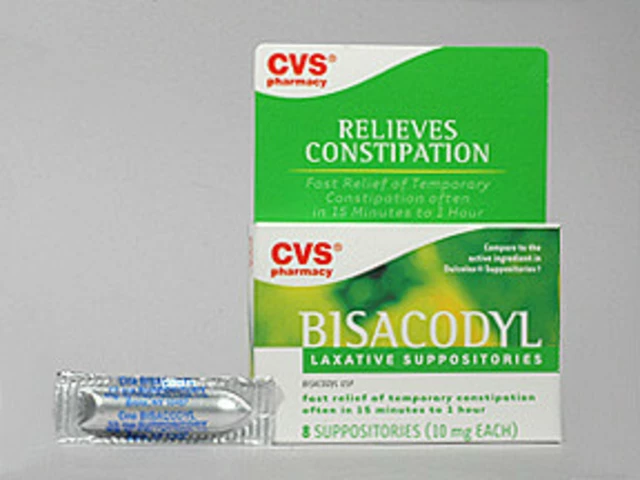Understanding Gout and Its Painful Symptoms
Gout is a type of arthritis that occurs when uric acid, a waste product, accumulates in the bloodstream and forms crystals in the joints. These crystals cause inflammation, pain, and swelling, often in the big toe. As someone who has experienced gout firsthand, I can attest to the excruciating pain that accompanies an attack. It can be incredibly debilitating, and the discomfort can last for days or even weeks. In this article, we will delve into the science behind colchicine, a medication that has proven to be highly effective in treating gout.
The Role of Uric Acid in Gout Development
Uric acid is a byproduct of purine metabolism, which is a natural process in the body. Purines are compounds found in certain foods, such as red meat, seafood, and alcohol. When we consume these foods, our body breaks them down into uric acid, which is then eliminated through the kidneys. However, some people have higher levels of uric acid in their blood, either due to overproduction or underexcretion by the kidneys. This excess uric acid can form needle-like crystals in the joints, leading to the symptoms of gout.
Colchicine: A Traditional Gout Remedy
Colchicine has been used for centuries to treat gout. It is derived from the seeds of the autumn crocus (Colchicum autumnale) and has a long history of use as a natural remedy for joint pain and inflammation. In modern medicine, colchicine is available as a prescription medication, and its effectiveness in treating gout has been well-documented in scientific studies. In this article, we will explore the science behind colchicine and how it works to alleviate the symptoms of gout.
How Colchicine Works to Reduce Inflammation
Colchicine works by interfering with the inflammatory process that occurs during a gout attack. It does this by inhibiting the migration and activity of white blood cells called neutrophils. Neutrophils play a key role in the body's immune response to infection and injury, but they can also contribute to inflammation and pain in the case of gout. By blocking the movement and action of these cells, colchicine helps to reduce the inflammation and pain associated with gout attacks.
Colchicine's Effectiveness in Treating Gout Attacks
Multiple clinical studies have demonstrated the effectiveness of colchicine in treating gout attacks. When taken at the first sign of a gout flare, colchicine can significantly reduce the severity and duration of the attack. In fact, one study showed that 75% of patients who took colchicine within 12 hours of the onset of a gout attack experienced significant pain relief within 48 hours. Furthermore, colchicine has been found to be more effective than nonsteroidal anti-inflammatory drugs (NSAIDs) and corticosteroids in some cases, making it an important treatment option for gout sufferers.
Using Colchicine for Gout Prevention
In addition to treating acute gout attacks, colchicine can also be used for long-term gout prevention. When taken regularly, colchicine can help to reduce the frequency and severity of gout flares. This is particularly helpful for individuals who suffer from recurrent gout attacks or those who have not responded well to other preventative treatments, such as urate-lowering medications. It is important to note, however, that colchicine is not a cure for gout and should be used in conjunction with other treatment strategies to effectively manage the condition.
Side Effects and Precautions with Colchicine
While colchicine is an effective treatment for gout, it is not without its side effects. The most common side effects include gastrointestinal symptoms, such as nausea, vomiting, and diarrhea. In some cases, these side effects can be severe and may require medical attention. Additionally, colchicine can interact with other medications, so it is crucial to discuss your medical history and current medications with your healthcare provider before starting colchicine therapy. Lastly, colchicine can be toxic in high doses, so it is essential to follow your doctor's dosing instructions carefully to avoid potential complications.
In conclusion, colchicine is a well-established and effective treatment for gout, backed by centuries of use and scientific evidence. By understanding the science behind its effectiveness, we can better appreciate its role in managing this painful condition. If you suffer from gout, consider discussing colchicine with your healthcare provider to determine if it may be a suitable treatment option for you.


Robert Urban
12 May / 2023I think colchicine is a solid option for gout and people should give it a try especially if NSAIDs don’t cut it.